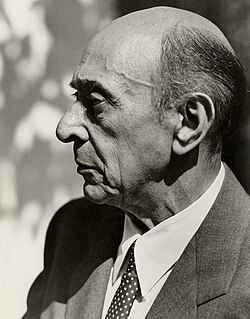This article needs additional citations for verification .(July 2007) |
This is a list of composers who have written music about the Holocaust, or who were directly influenced by the holocaust. This list is alphabetical by name.
This article needs additional citations for verification .(July 2007) |
This is a list of composers who have written music about the Holocaust, or who were directly influenced by the holocaust. This list is alphabetical by name.


